Hi All,
I’ve never been much of a resolution’s person, but I totally get the appeal. It is incredibly intriguing to think that one day we can wake up and truly, meaningfully change our lives. The problem (or one of the problems) with resolutions is that they assume that everything is in our control -- that our lifestyle choices act as the sole lever in the quality of our lives. Unfortunately, there is a lot that is out of our control, or at least a lot that we can’t impact super quickly. So, if you are a resolutions person (or you want to try it out this year), I would like to encourage you to first determine what you can actually control and only focus on making changes that impact those limited things.
So, for example, if your resolution is to increase your business revenue, then you need to determine which revenue inputs you can impact. Can you increase the number of clients you have or the number of hours you work per week? Can you increase your prices? Remember to be realistic and pragmatic. If you are already working 50+ hours a week you may not have time to increase the number of clients you work with. If you know that your prices are higher than most of your competition, then you may not be able to increase prices very much.
Or, if your resolution is to decrease your personal spending, then you need to figure out what your spending habits really are and which of those you can and want to decrease or eliminate. Don’t forget to track your transactions so that you know exactly how much you actually spend! It is easy to estimate incorrectly, especially because prices are higher now than they were a year ago.
Regardless of where you fall on the resolutions spectrum, taking some time to be practical and thoughtful in your financial decisions is always a good idea. I’ll be reflecting on some of my plans over the next couple of weeks and will share that thought process with you in an upcoming newsletter.
As always, I’m rooting for you!
XOXO





















